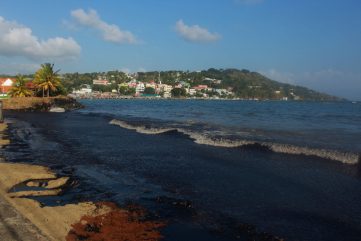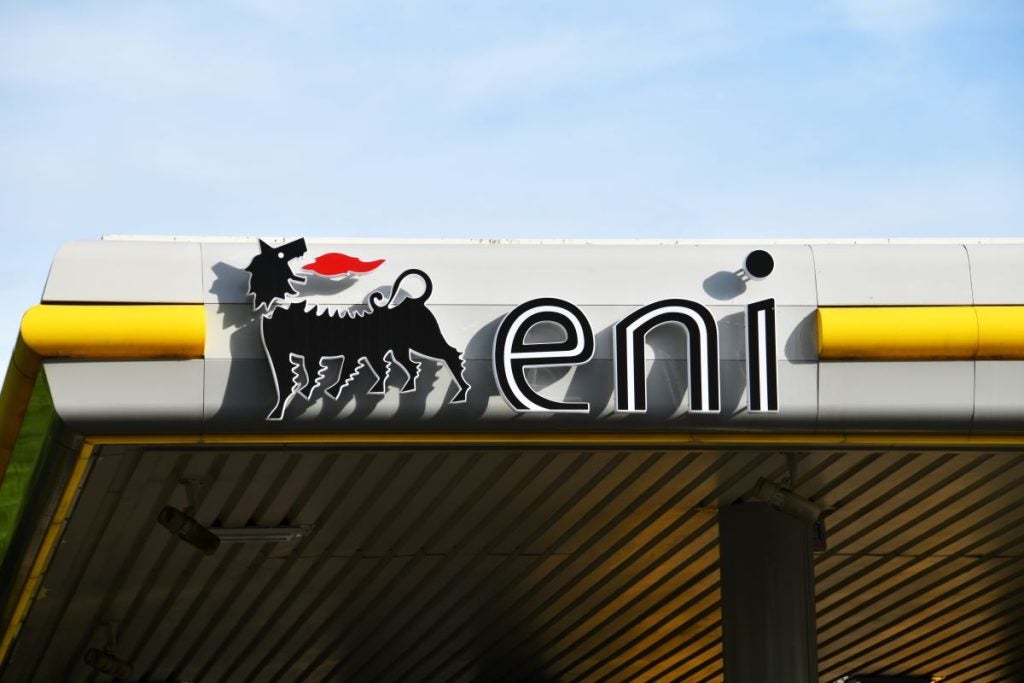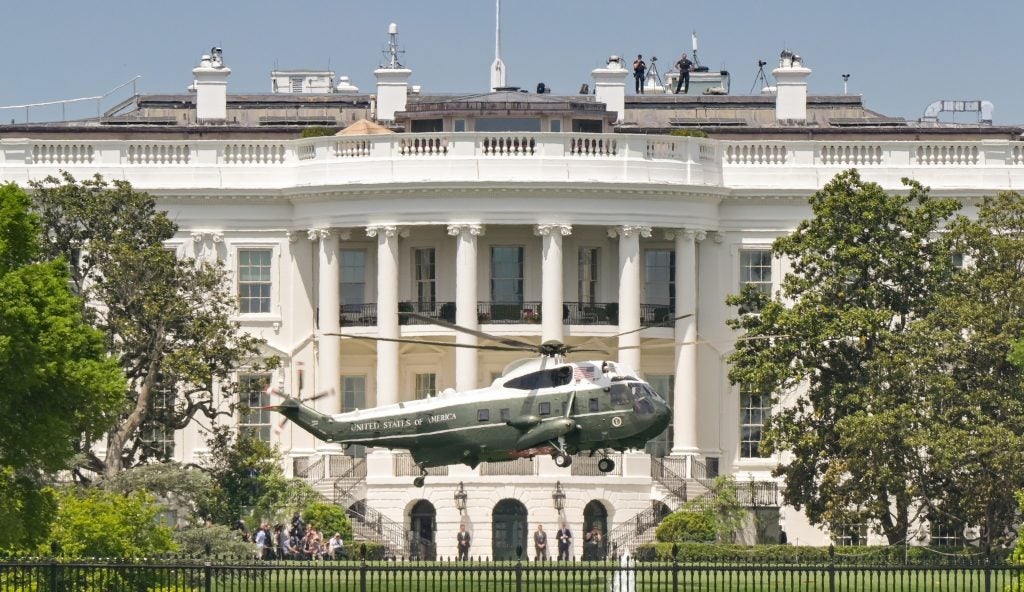
Trinidad and Tobago’s Prime Minister, Keith Rowley, has said that a large oil spill off the nation’s coast is now a “national emergency,” vowing that his government will spare no expense in clean-up and rehabilitation efforts.
The spill occurred last week on the morning of 7 February, although the origin and identity of the vessel carrying the oil remains “unknown”. The mystery ship was found overturned in the sea some 200m off the coast of the Cove Eco Industrial Park, local media reports.
Speaking at a press conference on the spill, Rowley said: “An unknown vessel has apparently drifted upside down into Tobago. That vessel, we don’t know who it belongs to. We have no idea where it came from and we also don’t know all that it contains.
“What we do know is that it appears to be broken and is leaking some kind of hydrocarbon that is fouling the water and the coastline,” he added. “That vessel could have come to us from any kind of operation, especially if the operation is illicit.
“This is a national emergency and therefore it will have to be funded as an extraordinary expense… You have to find the money and prioritise. So this is priority and we have to respond,” he said. Rowley did not specify how much a rehabilitation effort would cost but said it would likely be high.
Authorities have not been able to determine if the oil-like substance leaking from the vessel is bunker fuel, fuel for preparation of the vessel or raw crude, he added, nor do they know if the vessel is a freighter, tanker or barge.
How well do you really know your competitors?
Access the most comprehensive Company Profiles on the market, powered by GlobalData. Save hours of research. Gain competitive edge.

Thank you!
Your download email will arrive shortly
Not ready to buy yet? Download a free sample
We are confident about the unique quality of our Company Profiles. However, we want you to make the most beneficial decision for your business, so we offer a free sample that you can download by submitting the below form
By GlobalDataWhile identification efforts continue, steps are being taken to prevent the oil from spreading through the sea and to other parts of the islands’ coastline. “We are in the containment phase now and this phase will remain as long as the vessel is there and is entrapped with contents that could foul our environment,” Rowley said.
He added that, for now, the situation seems to be under relative control, but remains precarious because the proximity of the overturned vessel to the coast means that it is at the mercy of changes in the tide and weather. “If the weather changes significantly with high tides the behaviour of what is being spilled from the vessel could change,” he noted.
So far, a tier-three response to the disaster, which would see international help brought in, has not been triggered. However, Rowley said that several countries have already offered support. “I can tell you as a country, Trinidad and Tobago has been offered significant help from friendly nations who are involved in this.”
The twin-island nation has had to deal with major oil spills in the past. In 1979, two fully loaded crude oil tankers collided approximately ten miles off Tobago’s cost. More than 2.1 million barrels of oil poured into the Caribbean Sea, making the disaster the biggest tanker spill in history.







